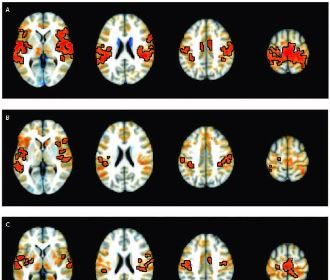Increased Telehealth Use Appears to Have Reduced Risk of Opioid Overdose

ATLANTA — The increased use of telehealth services during the COVID-19 pandemic appears to have resulted in individuals with addiction problems staying in treatment longer and reduced their likelihood of overdosing, according to a new study.
The research was a collaborative effort led by researchers at the National Center for Injury Prevention and Control; the National Institute on Drug Abuse; and the Centers for Medicare & Medicaid Services.
The results of the study were published in JAMA Psychiatry.
In this national study, researchers analyzed data among 175,778 Medicare beneficiaries from September 2018 to February 2021.
The analysis examined the receipt of telehealth services, medications for opioid use disorder, and experiencing a medically treated overdose among individuals with opioid use disorder starting a new episode of care prior to the pandemic compared to those during the pandemic.
Among the key findings from this study:
- Data analyzed from two groups of Medicare beneficiaries, one group initiating an episode of OUD-related care before the COVID-19 pandemic and one initiating care during the COVID-19 pandemic, found that those in the COVID-19 pandemic group were more likely to receive OUD-related telehealth services compared to the pre-pandemic group (19.6% compared to 0.6%) and were more likely to receive MOUD (12.6% compared to 10.8%).
- Among the COVID-19 pandemic group, receipt of OUD-related telehealth services was associated with significantly better MOUD treatment retention and lower risk of medically treated overdose compared to those not receiving OUD-related telehealth services, lending support for permanently implementing access to telehealth services.
“The expansion of telehealth services for people with substance use disorders during the pandemic has helped to address barriers to accessing medical care for addiction throughout the country that have long existed,” said Dr. Wilson Compton, deputy director of the National Institute on Drug Abuse and senior author of the study, in a written statement.
“Telehealth is a valuable service and when coupled with medications for opioid use disorder can be lifesaving. This study adds to the evidence showing that expanded access to these services could have a longer-term positive impact if continued,” he said.
Dan can be reached at [email protected] and at https://twitter.com/DanMcCue.
























